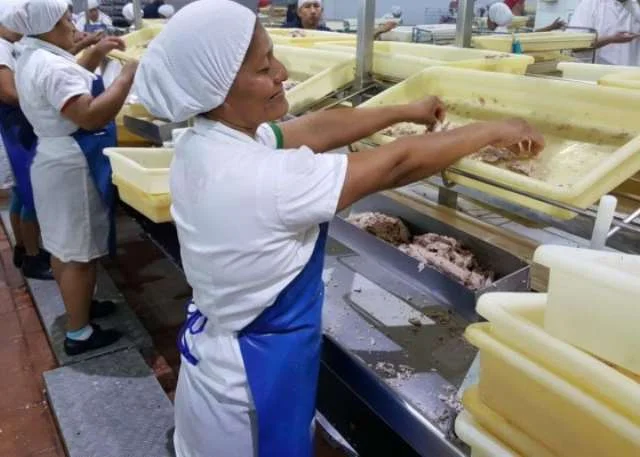On March 14, 2022, traders and transport operators in the Upper Denkyira East Municipality (UDEM) appealed to the Ghanaian government to implement pragmatic policies and strategies to stabilize the economy and improve livelihoods, per GNA. They emphasized that such measures would enhance living standards, enabling citizens to contribute to the country’s socio-economic development. “The current increase in transport fares, fuel, goods and services was having negative impact… increasing crimes, social vices,” they told the Ghana News Agency (GNA) in Dunkwa-On-Offin, describing the economic hardship as “worrying and disturbing.”
Economic Hardship and Public Frustration
In interviews with GNA, traders, passengers, and drivers expressed frustration over rising costs of fuel, transport fares, and goods, which strained their finances and businesses. Traders reported frequent losses, often taking goods home unsold due to price hikes, per. Driver Kwame Amoah urged the government to “as a matter of urgency, go to the aid of the people, engage stakeholders, and ensure something was done to improve the economy,” per. Apple seller Maame Adwoa Asabea acknowledged government efforts but stressed, “More must be done to minimise the hardship in the country,” per, reflecting widespread public discontent.
COVID-19’s Lingering Impact
The community recognized the global economic fallout from COVID-19, noting, “Though COVID-19 has had its own effects on the economy… there must be stringent efforts to mitigate current situation,” per GNA. Ghana, like many nations, faced supply chain disruptions and inflation in 2022, with fuel prices rising by 20% and food inflation hitting 13.9% in February, per Ghana Statistical Service. These pressures exacerbated financial struggles in UDEM, a municipality reliant on agriculture, particularly cocoa, which covers 50% of its arable land, per.
Government’s Response and Interventions
Municipal Chief Executive (MCE) Ebenezer Appiah Forson responded to the appeals, assuring residents that the UDEM Assembly was working tirelessly to implement government interventions. He highlighted the MASLOG loan program, designed to provide financial support to traders to expand their businesses, per. “The Assembly was working around the clock to implement some Government interventions such as MASLOG loans,” Forson stated. He acknowledged the economic impact of COVID-19 but emphasized ongoing government efforts to stabilize the economy, urging patience and support from the community.
E-Levy as a Revenue Strategy
Forson encouraged residents to back the proposed Electronic Transfer Levy (E-Levy), a 1.5% tax on electronic transactions set to begin on May 1, 2022, per. “He urged the people to support the proposed E-levy to help the Government increase its revenue,” per GNA. The E-Levy, approved by Parliament on March 29, aimed to generate revenue to fund infrastructure and social programs, addressing economic challenges. However, it faced public resistance in UDEM and beyond, with concerns about added financial burdens, as voiced by traders and operators.
Socio-Economic Context and Challenges
UDEM, with a land area of 1,020 square kilometers and a population of 108,000 in 2021, per, relies heavily on agriculture and small-scale trading. The economic strain from rising costs threatened livelihoods, with traders reporting increased crime and social vices linked to financial stress, per. The government’s push for the E-Levy and programs like MASLOG aimed to boost revenue and support businesses, but public skepticism persisted due to immediate hardships. Forson’s assurances reflected efforts to balance local needs with national economic strategies in 2022.






